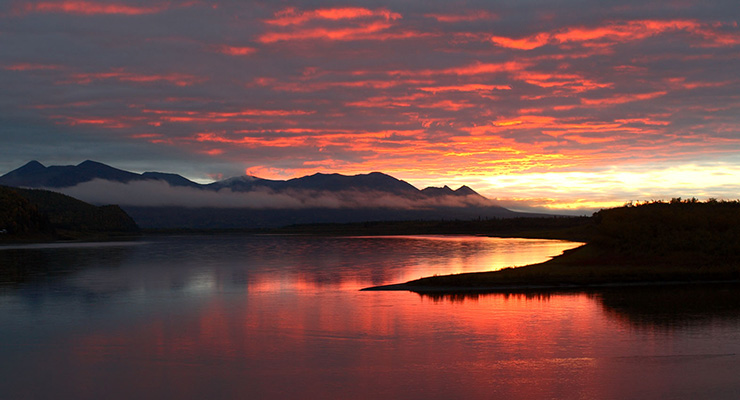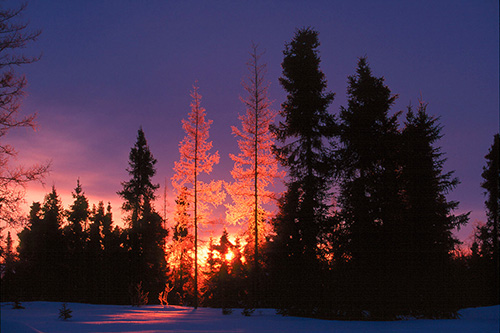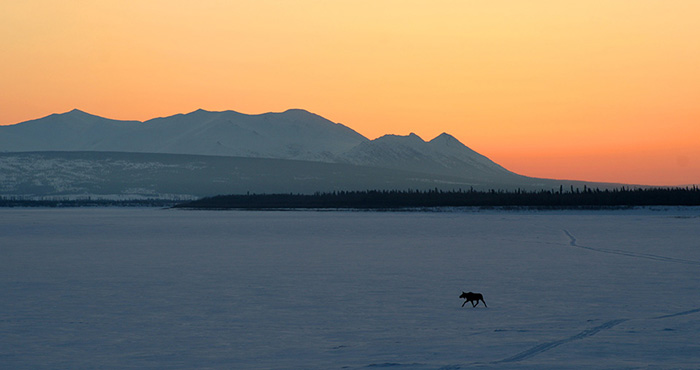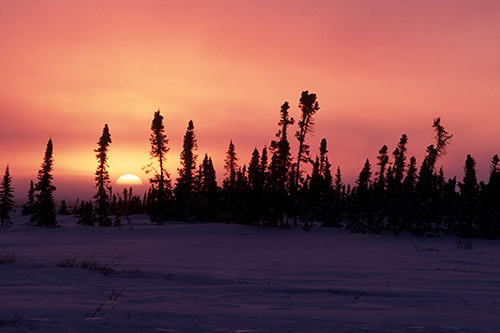
Despite our best efforts at conscious ecological responsibility, we are, in fact, each an environmental liability
—
I do not propose to write an ode to dejection, but to brag as lustily as chanticleer in the morning, standing on his roost, if only to wake my neighbors up.
Henry David Thoreau in Walden, Or Life in the Woods 1854
In my article in the anniversary issue of this magazine I questioned if anyone could make a difference in saving our ailing planet. Well, I do think there are a few rare breeds that can kick-start a mass movement that can begin to make that difference. Unfortunately, one of the most capable individuals, Dr. Wayne Dyer, is no longer with us. Call me a dreamer, but I envisioned that one day he would lead the charge.
Why would Dr. Dyer be that catalyst? Other than the fact that he was such an inspirational figure, it was he that turned me on to a gratifyingly clever poem that sheds light on the source of our most pressing environmental conundrums.
But in order to explain how that poem fits into a potential paradigm-shifting plan that could stem the tide of ecological disruption, I’ll first discuss a chapter in Dr. Dyer’s book, Wisdom of the Ages, that he fittingly titled, Reverence for Nature. In that, he quotes several sage native elders who often wrote about an innate ecological awareness that life, and everything in it, is part of a cycle or sacred loop.
We humans exchange the same breath (i.e., oxygen and carbon dioxide) as the plants and animals we share the planet with.

It was his belief that we are one with our surroundings, our environment. He noted how we are not separate from it, and that the majority of us have lost “much of our grace and naturalness in the name of civilization,” frenzied by the hustle and bustle of city life.
As a biologist focused on environmental concerns, human attitudes and human nature, I wholeheartedly concur!
And in this astute poem that Dr. Dyer frequently recited, Valerie Cox hits the nail on the head as far as how even some of us well-intentioned environmentally-minded folks are not the solution we think we are… but part of the problem.
Cox couldn’t have put it more simply, yet it speaks volumes as to who exactly is contributing to many of our environmental woes.
The Cookie Thief
by Valerie Cox
A woman was waiting at an airport one night,
With several long hours before her flight.
She hunted for a book in the airport shops,
Bought a bag of cookies and found a place to drop.
She was engrossed in her book but happened to see,
That the man sitting beside her, as bold as could be,
Grabbed a cookie or two from the bag in between,
Which she tried to ignore to avoid a scene.
So she munched the cookies and watched the clock,
As the gutsy cookie thief diminished her stock.
She was getting more irritated as the minutes ticked by,
Thinking, “If I wasn’t so nice, I would blacken his eye.”
With each cookie she took, he took one too,
When only one was left, she wondered what he would do.
With a smile on his face, and a nervous laugh,
He took the last cookie and broke it in half.
He offered her half, as he ate the other;
She snatched it from him and thought… oooh, brother.
This guy has some nerve and he’s also rude,
Why he didn’t even show any gratitude!
She had never known when she had been so galled,
And sighed with relief when her flight was called.
She gathered her belongings and headed to the gate,
Refusing to look back at the thieving ingrate.
She boarded the plane, and sank in her seat,
Then she sought her book, which was almost complete.
As she reached in her baggage, she gasped with surprise,
There was her bag of cookies, in front of her eyes.
If mine are here, she moaned in despair,
The others were his, and he tried to share.
Too late to apologize, she realized with grief,
That she was the rude one, the ingrate, the thief.
The environmental significance of the Cookie Thief poem comes from the fact that, in one way or another, we all contribute to environmental stressors — we are all environmental cookie thieves. And somewhat sheepishly, I must readily admit that there are times that I, too, am part of the problem!
Case in point: just by living in remote Alaska, my carbon footprint is substantial — most everything has to be flown into my tiny village by large cargo planes.
Much of my travel involves flying somewhere, or sitting atop a pollution-emitting 2-cycle snow machine. (It’s estimated that aviation contributes five percent of all human related CO2 emissions, and the shipping industry generates another three percent.)

Also, the fresh romaine lettuce I eat often comes from California’s San Joaquin Valley, where agricultural interests extract large quantities of water from the Sacramento River. There, Chinook salmon numbers have recently plummeted to the point where some stocks are listed as threatened, while others have dipped so low that they are classified as endangered under the Endangered Species Act.
Likewise, the delta smelt found in San Francisco Bay are on the verge of extinction. Normally, the perfusion of cold river water entering the bay helps maintain optimal estuarine water temperatures and enriches the oxygen content. Without that influx of water, smelt are forced to live under suboptimal conditions. The drought also results in increased salinity levels, exacerbates impacts from pollution, and allows predators easier access to the smelt.
What, then, would the solution be to many of mankind’s environmental quandaries? The answer could lay in the wise words of of Henry David Thoreau, who wrote often about living more simply and in harmony with nature. His advice to “Simplify, simplify” was often quoted by Dr. Dyer.
I believe we could truly make a difference by simplifying our lives, by getting back to our lost contact with nature and the basics.
What that means is not only getting away from the ubiquitous throwaway consumer culture, but also ridding ourselves of our opulent tendencies and becoming more frugal in our desires; in other words, we must understand the difference between a want and a need.

In comparing the human race with the other organisms with which we share this planet with, a high proportion of the energy that we expend is purely for pleasurable activities that produce unnecessary CO2 and other harmful byproducts.
In dramatic contrast, every other organism wastes little, if any, energy while simply striving to exist.
Homo sapiens, i.e., the wise ones, must fully understand that the quality of life of future generations depends on the actions of this generation and recognize that the pursuit of unlimited economic growth will ultimately contribute to our demise.
But simplifying our lives will do more than help the environment. It can reduce the stress and anxiety that the fast pace of life heaps upon every one of us, thereby fostering better health, higher consciousness and a deeper inner peace. Face it, if you can’t take care of yourself, you’re not going to be able to take care of your surroundings.
Dr. Dyer concludes Reverence for Nature with several recommendations: Promote ecological awareness, make a conscious effort to reduce pollution, live by example and most importantly, know that
“individual actions can re-create respect and reverence for earth and the universe, our sacred web of life.”
I expect that Dr. Dyer would have readily admitted that he was an environmental cookie thief, as we all are. In his wake, I hope that others as influential as he will step forth and admit that they, too, are environmental cookie thieves and persuade a critical number of us that we all must do our part to leave our planet in a healthier state for future generations.
Photographs of Alaska by Dave Cannon
You may also enjoy reading An Awakening of the Soul, of Humanity, of our Relationship with Earth by Nejoud Al-Yagout